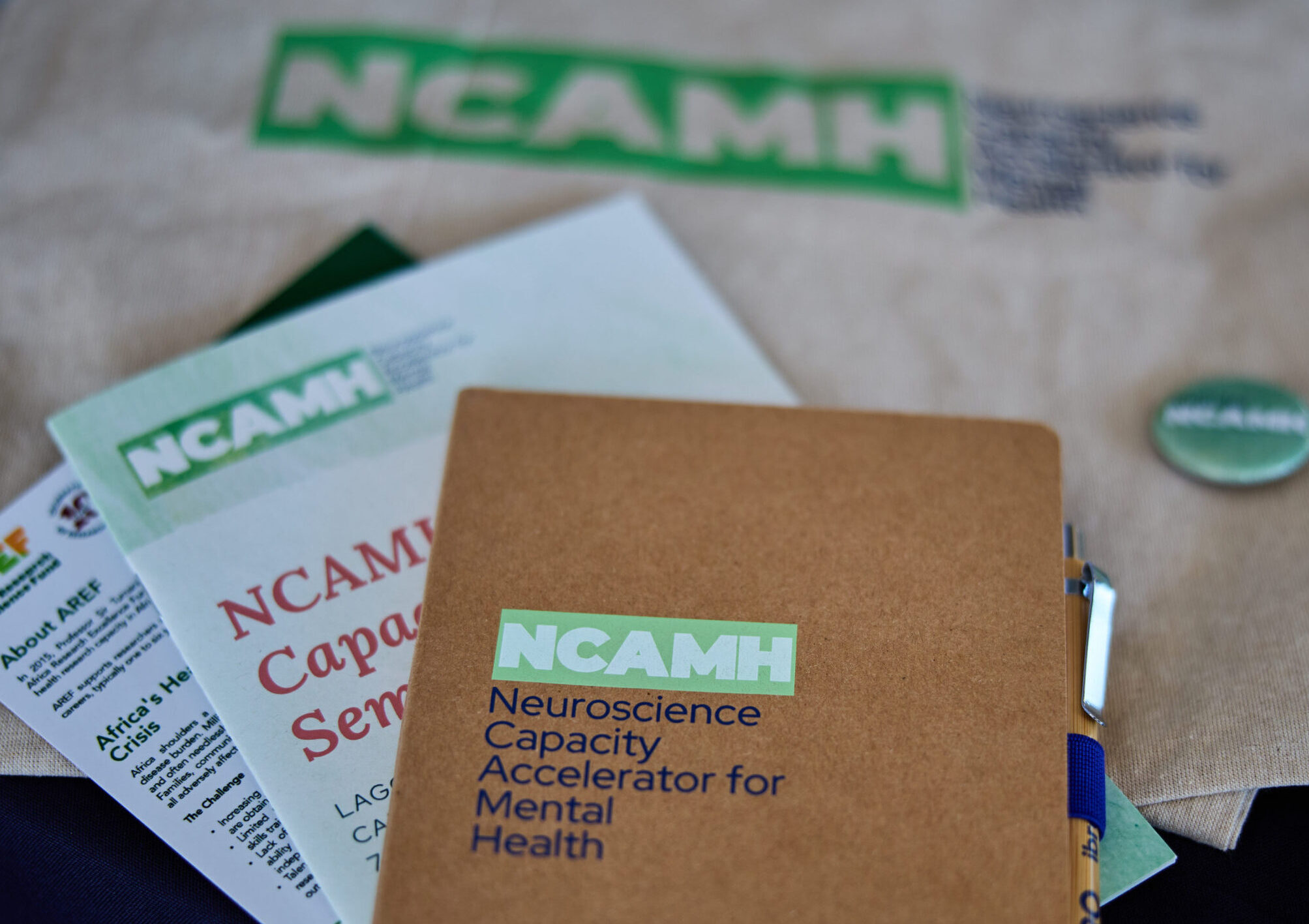The positive effects produced by physical exercise on cognitive functions and emotional behaviors have been associated with an increase in brain plasticity, adult hippocampal neurogenesis, and elevated levels of brain-derived neurotrophic factor (BDNF).

However, there is substantial variability in the individual response to physical exercise, which could be explained by individual genetic variations. There is a single nucleotide polymorphism (SNP) in the human BDNF gene that leads to the substitution of valine with methionine (Val66Met) in the pBDNF sequence. This SNP is present in ~25% of the world’s population and is associated with psychiatric disorders, particularly depression and anxiety. The presence of the Val66Met SNP in rodents correlates with specific phenotypic characteristics observed in humans with the polymorphism. So far, the effect of physical exercise on anxiety-related behaviors in both humans and rodents carrying the Val66Met polymorphism has been poorly studied.

For this reason, in the laboratory, we aim to (a) study the impact of physical exercise on mice carrying the mentioned polymorphism in anxiety-related behaviors, its effects on the cytoarchitecture and connectivity of areas involved in anxious behavior, and (b) shed light on the molecular mechanisms mediating these changes. Through the development of our study, we intend to contribute to unraveling the pathogenesis of anxiety disorders in humans with the Val66Met polymorphism, as well as to deepen our understanding of the impact of physical exercise on the circuits underlying this mood disorder.
COMPETITIVE RESEARCH FUNDS
- 2022-2024. CONICET. PIP. KB2. Impact of the Val66Met polymorphism of BDNF on the anxiolytic properties of physical exercise: molecular mechanisms. PI.
- 2021. CONICET. Neurobiological basis of the central effects of ghrelin. Studies related to memory consolidation, intake, and anxiety. PI.
- 2015. FONCyT PICT 2015-1436. Biogenesis of dendritic Golgi outposts (GOPs): Cellular and Molecular Mechanisms. PI: Alfredo Cáceres. Role: Member of the Responsible Group.
PUBLICATIONS (LATEST FIVE YEARS)
- Perea Vega ML, Sanchez MS, Fernández G, Paglini MG, Martin M, de Barioglio SR. Ghrelin treatment leads to dendritic spine remodeling in hippocampal neurons and increases the expression of specific BDNF-mRNA species. Neurobiol. Learn Mem. 179:107409. 2021.
- Bisbal M, Sanchez M. Neurotoxicity of the pesticide rotenone on neuronal polarization: a mechanistic approach. Neural Regen Res. 14(5):762-766. 2019.
- Bisbal M, Remedi M, Quassollo G, Cáceres A, Sanchez M. Rotenone inhibits axonogenesis via an Lfc/RhoA/ROCK pathway in cultured hippocampal neurons. J Neurochem. 146(5):570-584. 2018.








